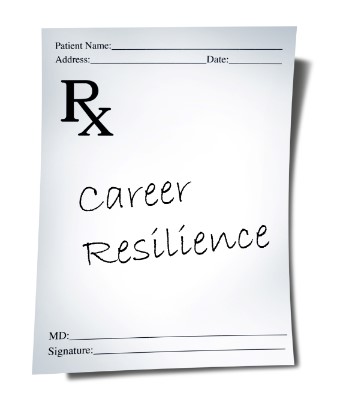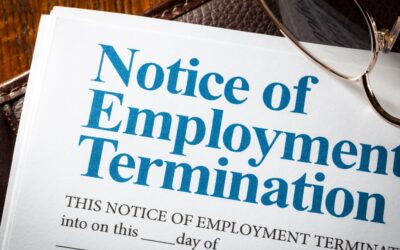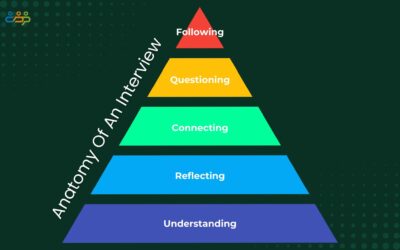For most of the modern history of work, the employer-employee relationship was based on an unwritten “Psychological Contract.” The unwritten rule was that if you worked hard and put in your time, you would be rewarded with continuous employment. It was not uncommon for individuals to work with the same company for twenty or thirty years, with many people spending their entire careers with the same organization.
In recent decades corporate downsizing, restructuring, mergers and acquisitions, outsourcing, etc. have resulted in a fundamental shift in terms of the employer-employee relationship. Specifically, individuals working today can expect that at some point, they will be faced with the reality of job change, either inside or outside the company. For some, this change can be exceptionally disruptive. It really doesn’t matter how big the change is, as any career change can leave us feeling thrilled, nervous, sad, angry, hurt, depleted, disoriented, confused, or even all the above.
There is a mountain of evidence to suggest that continual change is, and continues to be, the hallmark of the business environment today. Therefore, career resilience is one of the essentials you will need to develop and nurture throughout your work life.
Career resilience refers to one’s ability to manage his or her career; that is, taking responsibility for one’s own career development including gaining appropriate knowledge and skills to make significant contributions to organizations.
Specifically, career resilience means:
- Ensuring that your employment skills do not become obsolete
- Assessing whether your current skills will be required by your company or industry as you look ahead five to ten years
- Understanding the job market and noting industry growth trends and high growth careers
- Knowing how your talents, strengths and interests may translate into alternate jobs/careers should you find yourself unexpectedly unemployed
- Knowing that a job loss does not have to mean a lengthy interruption of employment
Create your career development plan and review it periodically.
No one will be as invested in your career as you. Therefore, it is important to take the initiative to design your own career development plan by considering the following:
- Continually assess your skills. Which of your current skills make you highly marketable?
- Stay abreast of your local job market. What are the high growth jobs/industries/companies in your geographic region?
- Continue to learn; view education as a continuing process, not a one-time event. What new skills would make you highly employable?
- Continually find ways to add value to your employer. What initiatives/projects can you take on?
- Continue to meet others in your industry. How can you be more visible in your field?

Rick Christensen: Director, Career Transition Practice Rick has been a career consultant for over 25 years, serving a very broad-based and diverse clientele. His specialties include effective group facilitation, one-on-one coaching and consultation at all levels including senior executives.
Rick’s passion is coaching individuals through career transitions, developing career management strategies and in identifying and sharpening competencies to open doors to new opportunities. His efforts have assisted thousands of individuals achieve their full potential.
Contact Rick at: Rick@CareerDevelopmentPartners.com




